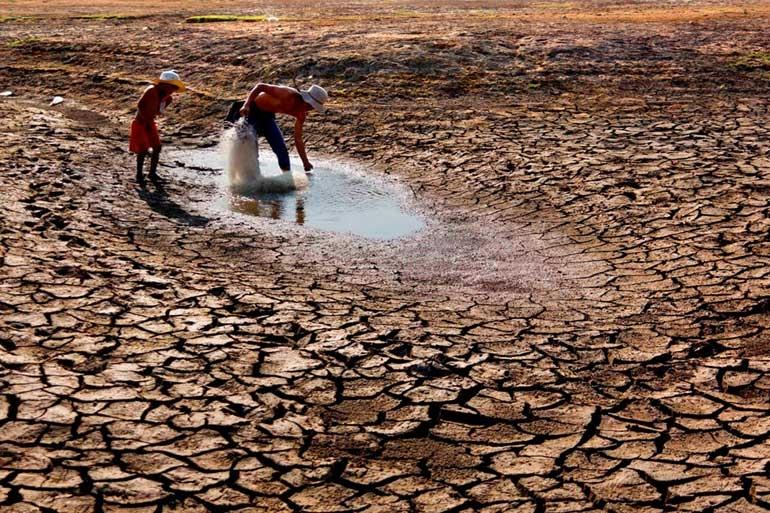As the cradle of humanity and home to diverse cultures and ecosystems, Africa stands at a critical crossroads in pursuing a sustainable future. Two paramount challenges loom large on the continent’s horizon: the far-reaching impacts of climate change and the urgent need to combat poverty. While Africa’s contribution to global emissions remains the lowest, the effects of climate change disproportionately burden its people and ecosystems.
Concurrently, poverty casts a shadow over millions, impeding social progress and economic prosperity. This article delves into the intertwined climate change and poverty issues in Africa. We advocate for an integrated approach that empowers the continent to join global efforts in combating climate change while concurrently redoubling its commitment to poverty reduction. Through data-driven insights and interconnected solutions, we explore how Africa can chart a course toward resilience, sustainability, and shared prosperity for all its inhabitants.
Just a few days of life in the UK produces more emissions than people in many low-income countries have in the entire year. The CO2 emissions of the average UK citizen are estimated to be roughly 40 times that of the average Tanzanian. Suppose these emissions are spread evenly throughout the year. In that case, by the end of January, the average Brit will already have emitted more CO2 than the average Tanzanian over the year. Despite the minimal emission, Africa is still experiencing the challenges of climate change, such as:
a) Vulnerability: According to the Global Climate Risk Index, six of the ten most affected countries by climate change from 2000 to 2019 were in Africa. Rising temperatures, extreme weather events, and changing precipitation patterns severely affect food security, water availability, and ecosystems.
b) Agriculture: Africa’s economy heavily relies on agriculture, with approximately 65% of its labor force employed in the agricultural sector. Climate change threatens agricultural productivity, reducing crop yields and increasing vulnerability to droughts and floods.
c) Migration and Conflicts: Climate-induced environmental stressors can trigger population displacement and contribute to resource-related conflicts. Climate change may sometimes exacerbate social and political tensions, increasing migration and displacement.
While most governments in Africa still weigh poverty reduction on their shoulders. Sub-Saharan Africa remains one of the regions with the highest poverty rates globally. According to the World Bank, in 2021, the extreme poverty rate in Sub-Saharan Africa was 31.4%, representing over 433 million people living in extreme poverty. Approximately 239 million Africans suffer from hunger and malnutrition, leading to adverse health outcomes and stunting in children. Many people lack access to essential healthcare, education, clean water, and sanitation services.
Arguing for the Integration of Efforts
- Interconnected Challenges: Climate change and poverty are interlinked, and addressing one issue without considering the other can hinder progress. Climate change can exacerbate poverty by impacting agriculture, livelihoods, and resource access.
- Sustainable Development: Combating climate change and poverty reduction can be pursued through sustainable development strategies. Renewable energy initiatives, green technologies, and sustainable agricultural practices can create green jobs and lift people out of poverty while reducing emissions.
- Adaptation and Resilience: Investing in climate adaptation and resilience measures can enhance Africa’s ability to cope with the impacts of climate change, reducing the vulnerability of the poorest communities.
- Global Responsibility: While Africa contributes a small percentage of global emissions, it is responsible for participating in international efforts to combat climate change. Collectively, the world must work towards mitigating climate change to protect vulnerable regions like Africa.
By embracing an integrated approach, Africa can forge a new path toward resilience and prosperity. Investments in renewable energy, green technologies, and climate adaptation will pave the way for sustainable growth, fostering economic opportunities and uplifting marginalized communities. Strengthening social safety nets, expanding access to education and healthcare, and promoting gender equality will be the cornerstones of poverty reduction efforts.
The journey ahead may be arduous, but the spirit of innovation, unity, and determination that defines Africa shall prevail. As the world rallies around the fight against climate change, Africa’s active participation is essential to ensure global success. Moreover, the continent can craft a tapestry of progress that leaves no one behind by weaving together the threads of climate action and poverty eradication.

